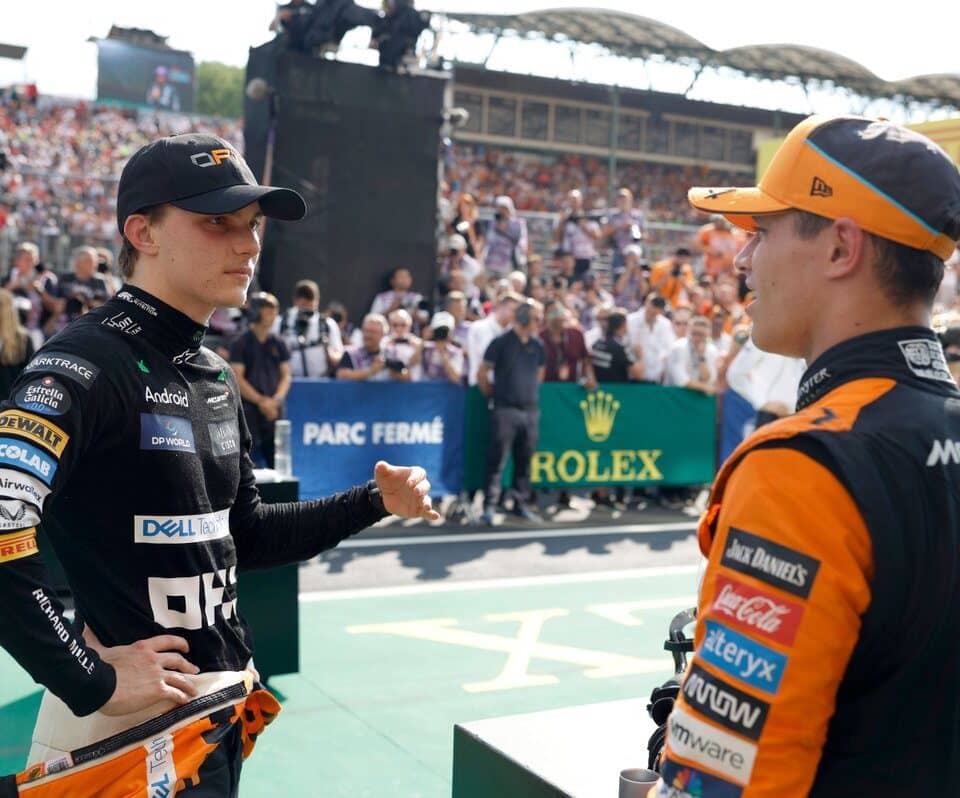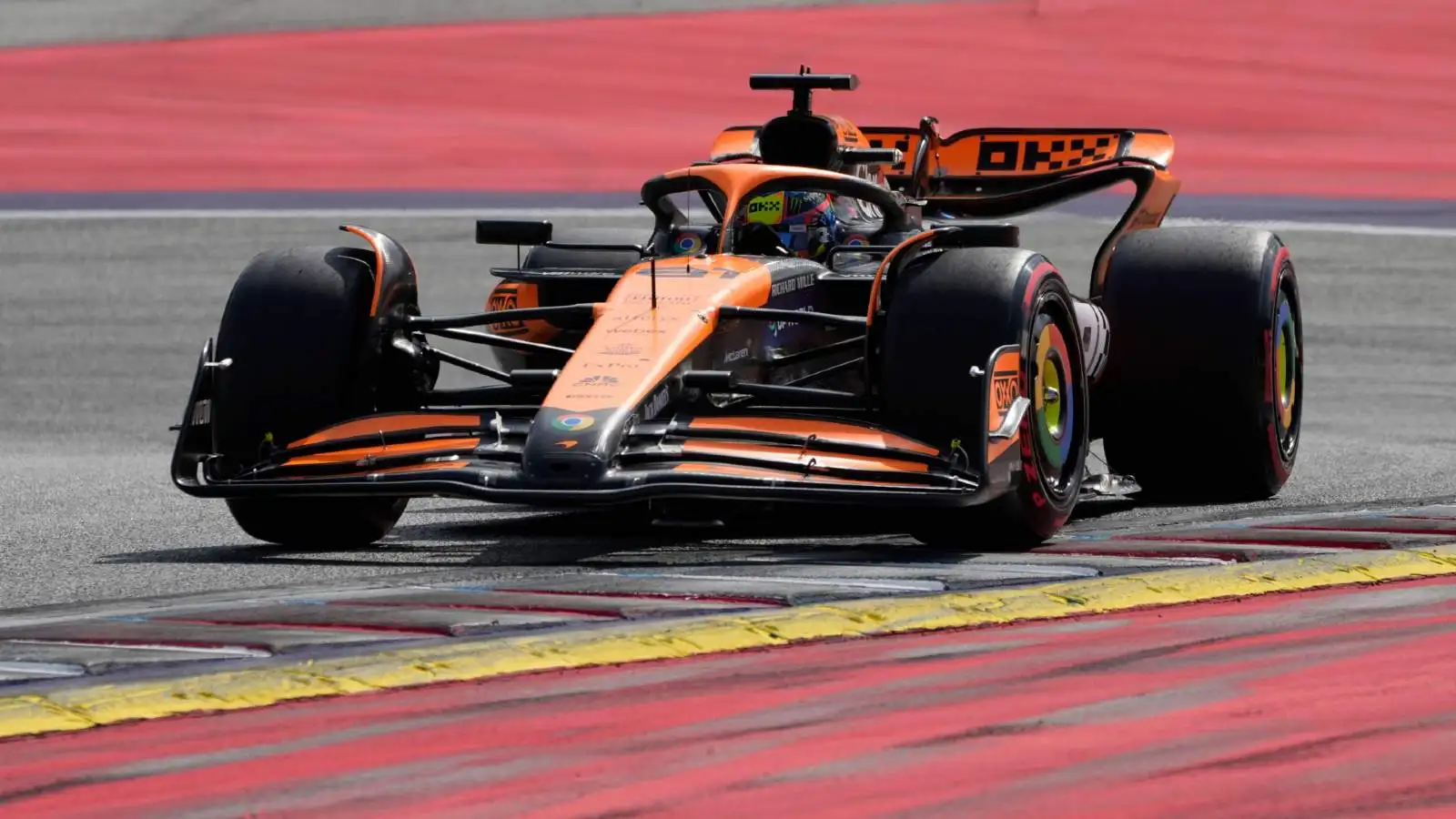What started as a promising 1-2 finish for McLaren at the Hungarian GP quickly turned into a storm of controversy over team orders. Lando Norris appeared to go rogue, but was he the one to blame, or did McLaren set itself up for a messy situation? Let’s dive into the details.
Life at the front of Formula 1 is no cakewalk, especially when team and individual interests collide. McLaren found this out the hard way during the Hungarian GP. The team wanted to ease the pressure on its pit crews and avoid errors, aiming for a straightforward 1-2 finish. However, Lando Norris seemed to have different plans.
After the second round of pit stops, everything spiraled. McLaren eventually got the outcome they wanted, with Norris moving aside for his teammate, Oscar Piastri, but not before stirring up some serious doubts about the team’s internal dynamics. The repeated emotional radio messages to Norris, referencing how he couldn’t win a championship alone, showed that McLaren wasn’t entirely sure he’d follow orders.
The real issue was the lack of a clear plan. While the pitwall might’ve known what they wanted, the drivers were left in the dark. Instead of a direct order, McLaren’s vague instruction to ‘re-establish the order at your convenience’ left too much room for interpretation. This led to delays and unnecessary drama.
Mercedes boss Toto Wolff pointed out that McLaren’s situation was exactly why his own team established clear rules for when drivers are fighting for victories. When Lewis Hamilton, Valtteri Bottas, and Nico Rosberg were in the mix, there was no room for ambiguity. The famous ‘Valtteri, it’s James’ moment stands as a testament to that approach.
From McLaren’s perspective, they faced a tough call during the second stops. With Ferrari’s Charles Leclerc and a raging Max Verstappen in the mix, the pressure was on. McLaren opted to pit Norris first, aiming to sort things out later. But Norris, being the fierce competitor he is, pushed ahead, showcasing his tire management skills.
Oscar Piastri, on the other hand, struggled in the dirty air, which affected his pace. Norris knew that falling into the same situation again could be challenging. While he eventually gave the place back, had he done it earlier, it might’ve saved McLaren a lot of stress. The emotional radio messages from McLaren’s Will Joseph were a clear sign of the tension.
Norris’s actions reflected his belief that he’s in the title fight, and keeping Piastri content might be crucial later. Ultimately, while McLaren got the result they aimed for, it was a long and unnecessarily complicated journey. Keeping everyone happy while aiming for the win is a balancing act, but clearer communication could’ve made all the difference.
So, who’s to blame? It’s a mix of both. McLaren’s unclear instructions certainly didn’t help, but Norris’s fierce determination added to the drama. In the end, the Hungarian GP served as a stark reminder of the challenges teams face in balancing individual ambitions with team goals.
Source: Motorsport










